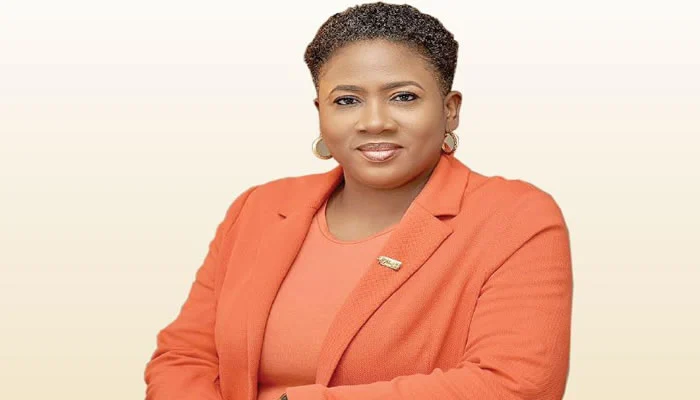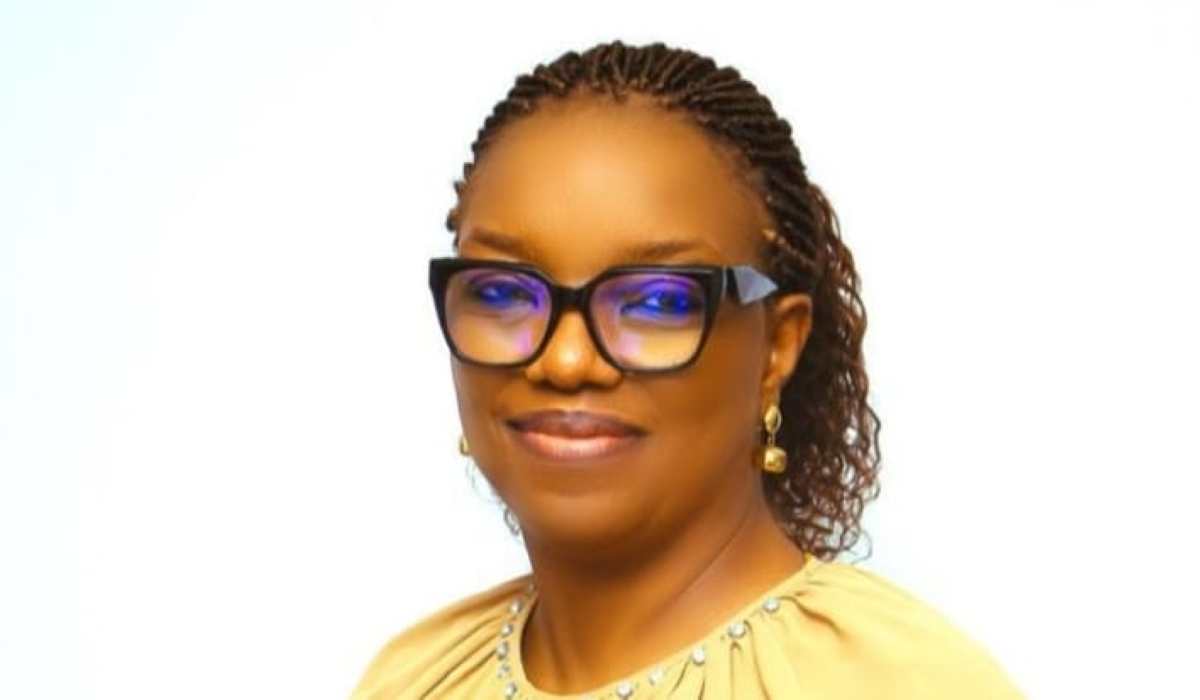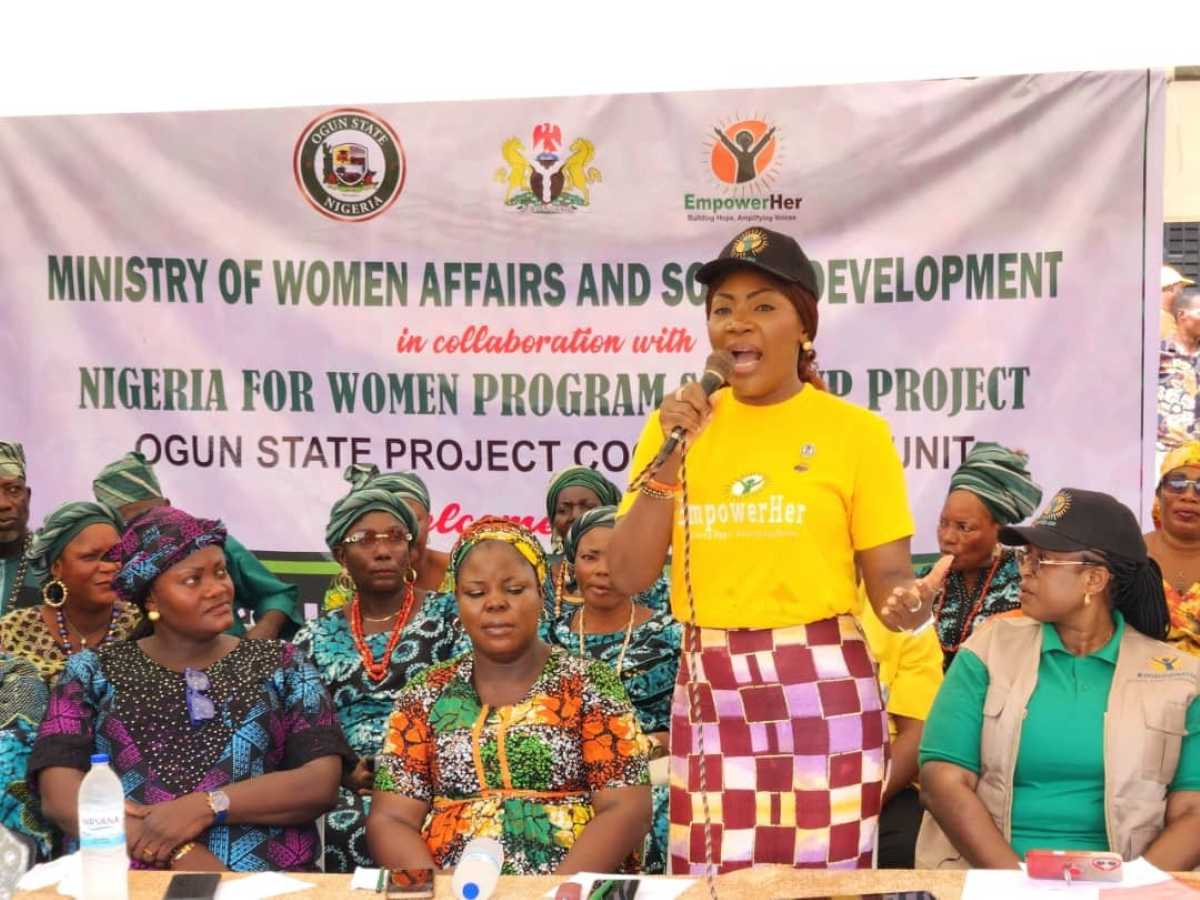The Ark and Rainbow Development Foundation (ARDF), a non-profit organisation, has trained young women in peacebuilding and environmental sustainability across the six local government areas of the Federal Capital Territory (FCT).
According to the foundation, the programme focused on leadership, community mobilisation, digital skills, advocacy, and empowering women as central actors in conflict resolution and climate action.
Executive Director of ARDF, Ifenla Oligbinde, disclosed this in Abuja during the maiden edition of its SHAPPE Project at the Stakeholders’ Summit themed “Women, Peace and the Planet: Advancing Sustainable Communities Together.”
The initiative, strengthening her aspirations for peace-building and protecting the environment, was launched earlier this year with support from the Rotary Club of Ithaca, New York, through the Rotary Peace International Service Grant.
Oligbinde called on all critical stakeholders in peacebuilding and environmental protection to “ensure all hands are on deck to empower women for peacebuilding and climate change processes.
She said: “The initiative is a multifaceted community-based project that aims to train, equip, and empower young women leaders on peace-building skills, to protect their immediate environment.
“The SHAPPE fellowship focused on building leadership, community mobilization, digital skills, advocacy, especially in conflict-prone areas, and positioning women in peacebuilding and climate action.
“In the last 7 months, we have trained 23 young women between the ages 25–35 in all 6 local government areas of the FCT with skills in peacebuilding and environmental sustainability.
“Within this period, all our fellows stepped up knowledge in their rural communities through sensitisation activities, capacity building training, and stakeholders engagement.”
She noted that the SHAPPE Project is culminating in a Stakeholders’ Summit to highlight the impact of community-based projects led by the fellows, and create a platform for key discussions around the role of women in peace and environmental leadership.
She called for greater collaboration to expand the fellowship to more regions in Northern Nigeria.
She added, “Women are primary agents of change because they feel first-hand experience of the adverse effect of conflict, war and climate challenges. When they are given adequate resources and empowerment, they will protect their family, immediate environment and the world at large.”
In his remarks, the President of the Rotary Club, Asokoro, Nigeria, Dr. Ignatius Emeka, also charged young women to be proactive and support one another in leadership.
He stressed the importance of diverse perspectives in decision-making.
Emeka said, “So when you talk about women in general, there’s a need to balance perspectives. When I speak, someone else may share experiences as a young person, another as a man, another as a young man, or from the viewpoint of youth in general.
“This diversity of perspectives creates balance, so that when you are making decisions or drafting policies, they are well-informed and, when implemented, more effective in addressing real issues.
“For women to take the lead in leadership, they must first plan to support one another. Unfortunately, women often don’t support each other.”






